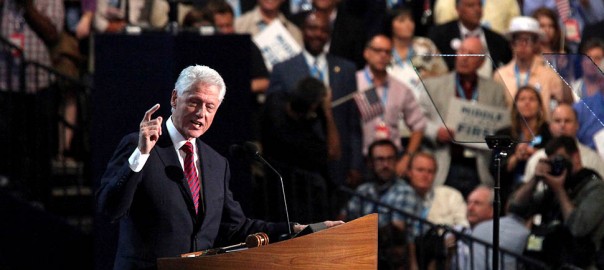As strange as this sounds, I had an easier time presenting the rather than the personal speech, but for very simple reasons. First off, I don’t like holding papers or cards in my hands when I speak. I feel as though I have to rely on it, to get me from point to point. I end up looking down at it too much. Even though I could have freely talked about my topic quite easily, I overused my index card to keep structure and organization. Also, I realized that a speech will be much more unorganized and jumbled if you do not practice. This is true for me at least. I didn’t practice a whole lot, thinking that it wouldn’t be necessary and I will be able to guide myself through the speech. However, I was wrong. I stuttered and got my thoughts mixed up at some points. My monologue speech was very clean because I practiced it over and over, making sure I knew exactly what to say and how to say it. Like I said, I believe I stuttered far too much and was not completely satisfied with my speech. I looked down at the card too much and did not transition to new thoughts effectively. I want to become accustomed to not relying on the index card, and realize all it takes is a little practice. I noticed that other speeches that gave vivid detail in which I could visualize the scenario were the ones that I played such close attention to. Also, dramatic stories held my attention well. Speeches that were less personal, and more factual lost my attention quickly. Also speeches that were monotone and lacking delivery were hard to listen to. However, most of the speeches in our class did a pretty decent job of avoiding this, and were pretty interesting. And I know this picture is an extremely lame picture but basically it just symbolizes that practice makes perfect, and if you want your speech to come out effectively you have to know what you’re saying. 

Jimmy Marshall




